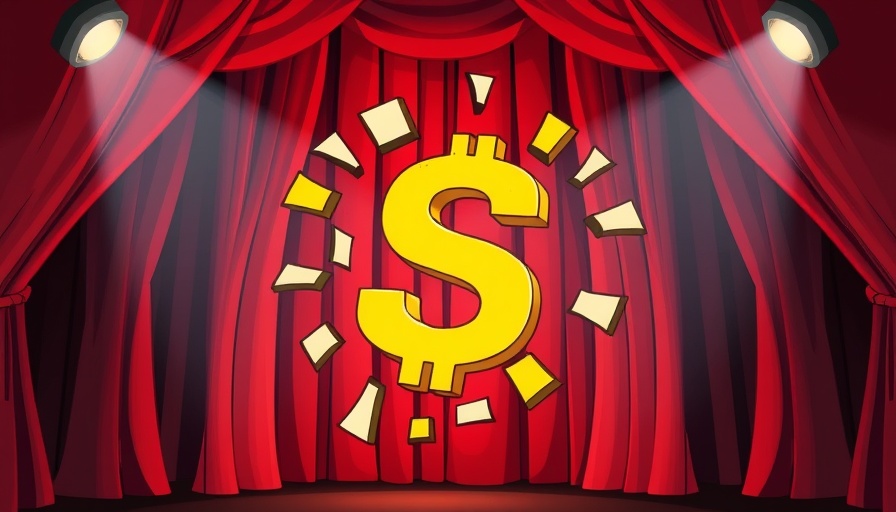
The Dollar's Role in the Global Economy: What’s at Stake?
The U.S. dollar has long been viewed as the world's leading safe haven currency, providing stability amidst global economic uncertainties. However, recent discussions among global policymakers at the International Monetary Fund (IMF) and World Bank meetings have raised critical questions about the dollar's future.
Challenging Times for Economic Leaders
During the spring meetings, Treasury Secretary Scott Bessent addressed a gathering of financial leaders to reassure them about the importance of dollar stability. With the dollar's value diminishing against other currencies and the financial markets experiencing turmoil, fears grew that investors were losing faith in U.S. economic assets. Trump's recent return to the White House has intensified debates among economists and policymakers who are now scrutinizing potential impacts on global financial stability.
Why Confidence in the Dollar Matters
Confidence in the dollar is crucial not just for the United States but for the entire world economy. As Bessent articulated, the administration remains committed to a strong dollar policy. This assurance comes in the wake of stock market fluctuations and a surge of investors pulling funds from U.S. government bonds. Such actions can lead to a vicious cycle where declining confidence prompts further drops in dollar value, impacting global trade and investment.
Market Perception: The Ripple Effects
In a world driven by interconnected financial systems, a weakened dollar impacts more than just American markets. If global investors decide that dollar-denominated assets are no longer desirable, it could lead to increased volatility not only in foreign exchange markets but also in commodity pricing, including oil and gold. This shift can have a cascading effect on economies reliant on stable trade relationships with the U.S.
Scenario Planning: What If Confidence Dwindles?
Economists are beginning to paint a picture of what could happen if the dollar's status as a safe haven erodes further. Nathan Sheets, chief economist at Citigroup, indicated that decision-makers are now contemplating scenarios that would have once been deemed improbable. Will the U.S. economic policies need to shift if confidence dips significantly? And how would global economies adjust?
Diverse Perspectives on U.S. Economic Policies
As Bessent highlights the administration's resolve for a strong dollar, some experts argue that aggressive economic perspectives might alienate other investors. This creates a paradox where the U.S. must balance domestic policies that encourage growth while preserving its attractiveness as a global investment haven. The varying viewpoints—ranging from protectionist to more liberal trade policies—reflect an ongoing debate about the future of U.S. leadership in the global marketplace.
Future Predictions: Trends to Watch
The upcoming months will be critical in determining the trajectory of the U.S. dollar. Analysts suggest keeping an eye on international responses to U.S. fiscal and trade practices. Will nations band together to create alternative reserve currencies, accelerating a decline in dollar dominance? Or will the U.S. reaffirm its leading position through astute economic governance?
Understanding the Stakes: Decision-Making in Uncertain Times
For businesses and investors, understanding the shifting dynamics in the foreign exchange market is vital. As confidence in the dollar wavers, stakeholders must develop strategies to mitigate risks associated with currency fluctuations. Building reserves in various currencies and exploring hedging options can provide a buffer against unforeseen economic shifts.
In conclusion, the dollar's role as a safe haven is under scrutiny. Understanding the economic landscape and staying informed on developments will equip decision-makers with the insights necessary to navigate this evolving situation. The mission is clear: to ensure that the dollar remains a symbol of strength and stability in a complex global economy.
 Add Row
Add Row 
 Add
Add 


 Add Row
Add Row 
 Add
Add
Write A Comment